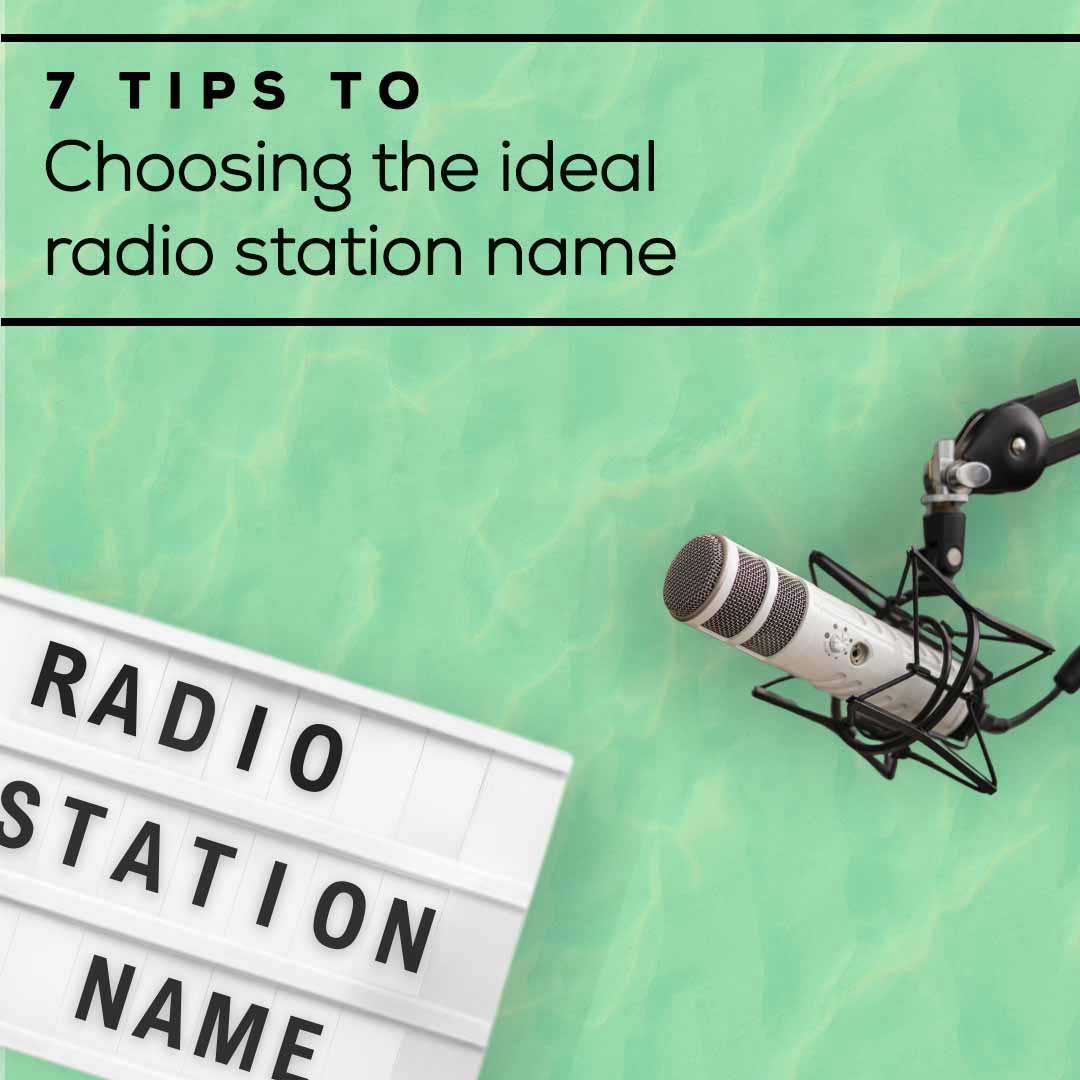More and more colleges are beginning to see the benefits of having an on-campus radio station.
Creating a College Radio Station is an exciting endeavor that can enrich the student experience and leave a lasting impact on your campus.
In this blog, we’ll provide you with Creating a College Radio Station 8 essential tips to guide you on your journey.
Why College Radio?
College radio is not a means of replacing existing communication tools, it’s a medium that complements other communication tools. College radios can be used as a way to develop a creative hub which allows students to publicize their opinions and build their confidence.
Providing students with a voice and uniting them is invaluable. This process establishes a strong college identity that both new and returning students can embrace. A well-established college radio station can assist students in connecting with the larger community, enabling them to participate in local charities and make a meaningful impact beyond campus.

What Your Students Will Gain From College Radio
College radio has a number of benefits for students. These include:
- Empowering students and giving them a voice. College radio provides an avenue for students to discuss matters in a non-judgmental format. Whether students are discussing important issues such as how to write a college application essay. Or less serious issues such as music and dancing, radio can give students a voice.
- Building confidence. Many students feel more comfortable talking to a ‘mic’ than to a live audience. This allows them to express their opinions without feeling intimidated.
- Teamwork. Presenting a radio show is not easy. Many colleges run their radio stations like established radio stations, assigning tasks to sound engineers, presenters, and station management.
Find out the Type of Station Your College Needs
Before powering up a radio station, you need to determine the type of station your college needs. You should create a station that caters to the preferences and interests of your college community. A great way to gather feedback is by designing flyers that provide information about your station.
- Ask the public “What would you like to hear?” on the flyer.
- Hang the flyers around frequented places like a library, coffee shop, or community hall.
- If the station gains popularity, you can profit from advertisements.
Write Down all the Necessary Equipment you need
Make a list of all the necessary equipment that you will need. Once that’s done, you can start searching online to find the best price for the equipment!
Ask for a Fundraiser in College
You can request a fundraiser to support funding for the college radio station. If your station is a short-term project, you won’t require a substantial amount of funds. However, if you intend to run the station for an extended period, the amount of funding you receive will significantly impact the longevity of your project.
You might also consider researching organizations that could potentially support your radio station. Once you find the perfect organization, write a letter detailing your fundraising goals. You will need all the financial help you can get so don’t be shy!
Buy a Microphone and Audio Console
Unless your main goal is solely to play music, you’ll need to acquire one or two microphones. Additionally, you’ll require an audio mixer, enabling you to switch between different audio sources like computers, turntables, or microphones.
If your budget is limited, you can buy a USB microphone that you can connect directly to your PC or laptop.

Prepare a Couple of Programs and Start Broadcasting
If your station focuses on music, create a playlist. If it centers on debates, brainstorm engaging topics that will captivate your listeners. Whatever you choose to discuss, make sure to thoroughly prepare before you go live on air.
You can also interact with your listeners by allowing them to call and comment on your topics!
Content Ideas for You
- Campus News and Events
- Interviews
- Music Programs
- Entertainment and Humor
- Local News Bulletins
- Academic Content
- Technology and Innovation
- Cultural and Artistic Content
- Live Callers
- Talk Shows
Top Tip: The secret behind planning programs is to make each show exciting!
Create your college radio now!






